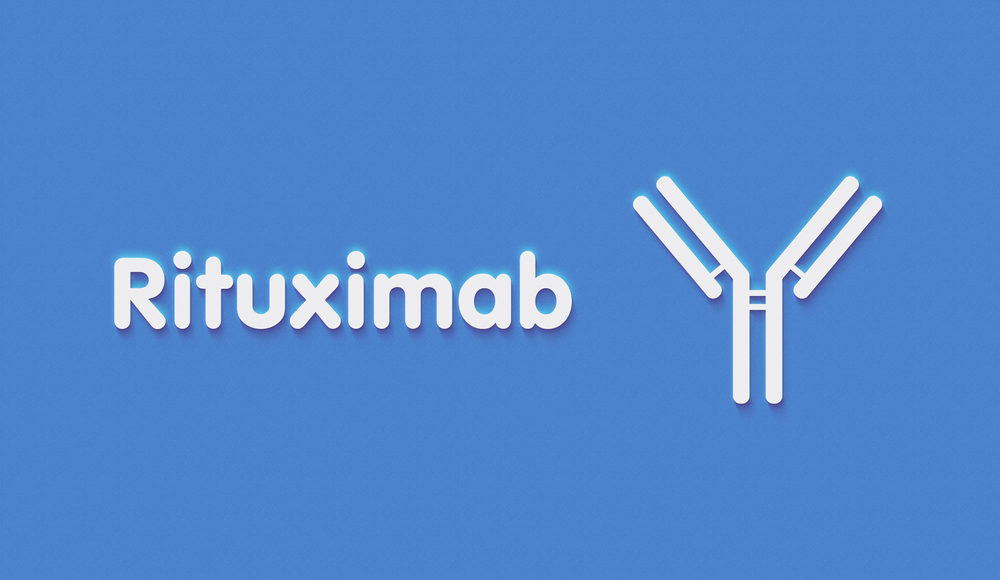Rituxan Is Far Cheaper Than Other Therapy Options Over Myasthenia Gravis Patients’ Lifetimes, Study Shows

The cost of Genentech’s myasthenia gravis treatment Rituxan (rituximab) is half that of the blood purification process known as plasmapheresis and a third that of intravenous immunoglobulin therapy over a patient’s lifetime, according to a study.
Few health insurance systems reimburse the costs of Rituxan for myasthenia gravis, the researchers noted. They may want to rethink that, given the differences in lifetime treatment costs among the three options, they added.
The patients in the study had failed to respond to standard treatments.
Researchers calculated Rituxan’s lifetime costs at $655,800, plasmapheresis’ at $1,323,300, and intravenous immunoglobulin’s at $2,210,380. The differences are particularly significant because Rituxan is a very effective treatment, particularly for MG patients with antibodies to muscle-specific tyrosine kinase, or MuSK, the team said.
Researchers presented the findings at the American Association of Neuromuscular & Electrodiagnostic Medicine Annual Meeting in Phoenix, Sept. 13-16. The study was titled “Cost Comparisons Between Rituximab, Plasmapheresis and Intravenous Immunoglobulin for Refractory MuSK Antibody Positive Myasthenia Gravis,”
The team used an advanced statistical model to study the cost differences. The hypothetical patient they used was a 25-year-old woman with anti-MuSK antibodies and myasthenia gravis that had failed to respond to standard treatment with acetylcholinesterase inhibitors.
Researchers said the cost the model assigned to Rituxan was based on average Medicare sales prices in April 2017. It based the costs of the intravenous therapies on updated physician fee schedule CPT codes at the Centers for Medicare and Medicaid Services.
The team assumed a Rituxan dose of 375 mg/m2 of body weight x 4 every six months, plasmapheresis every 10 days, and immunoglobulin infusions of 70 gm every three weeks — all over a lifetime. All costs were discounted by 3 percent a year.
Although a lot of studies have supported Rituxan’s use as a myasthenia gravis treatment, the research team noted that health insurance systems rarely reimburse it.
They acknowledged that their study did not take treatment effects into account, and that the analysis assumed that all therapies generated similar outcomes.
While more cost-effectiveness analyses are needed, the team said it hopes their figures prompt insurance providers to think more about reimbursement decisions. This could lead to doctors prescribing better medications for their patients, they said.
Another research group’s cost-effectiveness analysis of Rituxan in myasthenia gravis also suggested that Rituxan offered treatment benefits at lower cost. The study did not include other treatments that are more commonly reimbursed, however.






